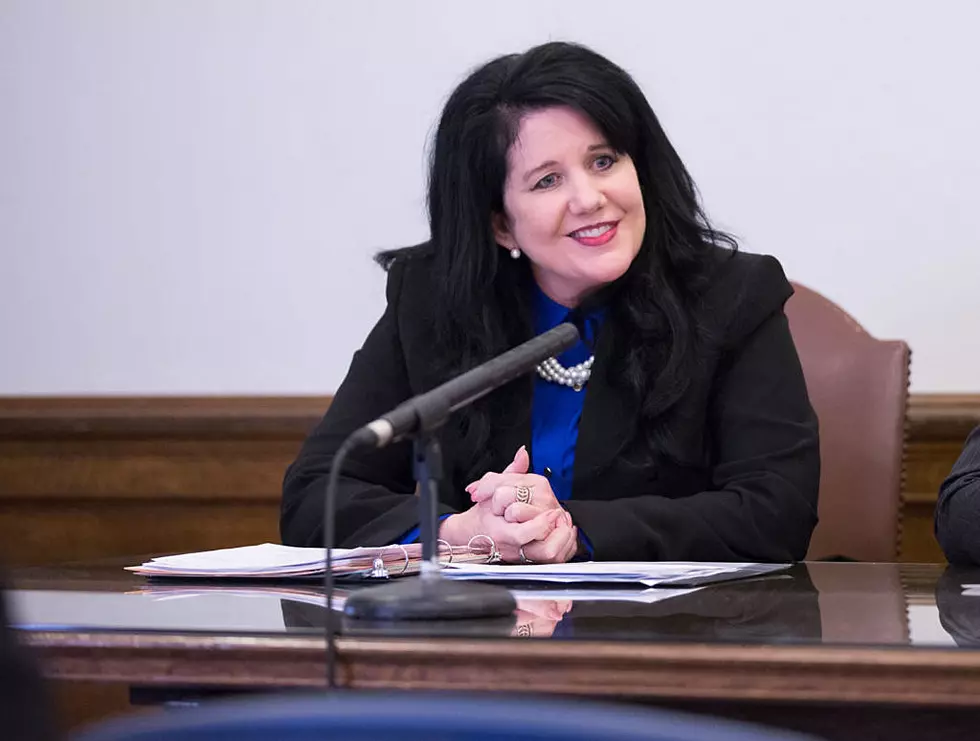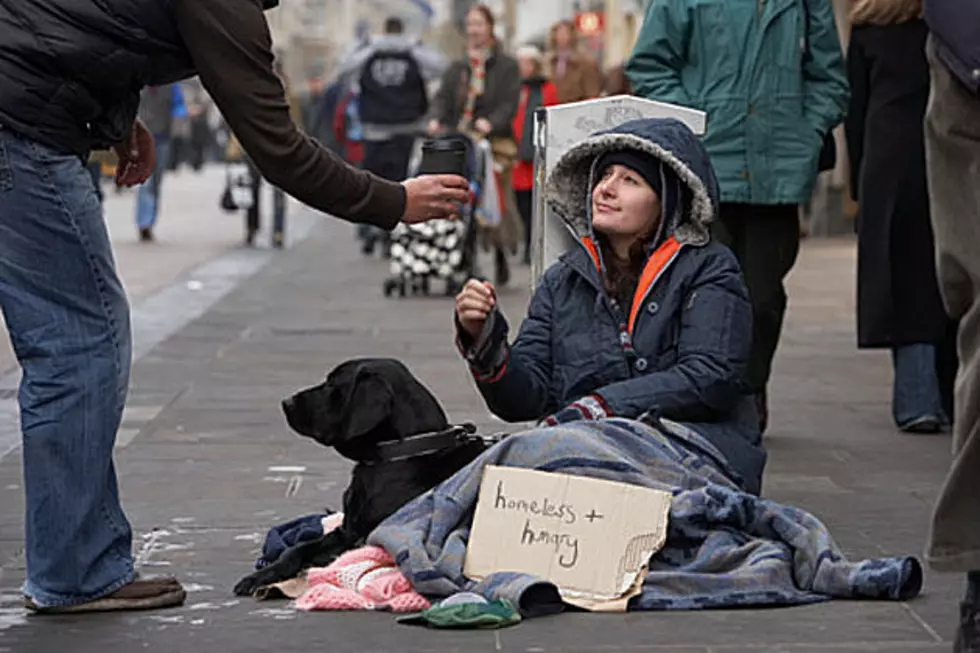
The News, The Net, The Virus – All Can Lead To Depression
Dr. Marli Parobeck is a Psychiatric Nurse Practitioner and she's appeared on the Morning News a number of times to talk about a variety of mental health issues. She's smart and funny and we always enjoy her visits. Sometimes we suggest talk topics and sometimes she brings interesting topics to out attention.
The predicate for this recent visit was a call to the show by one of our awesome listeners who was feeling sad and depressed. She is not alone. Coronavirus, isolation, financial concerns, unsocial social media, racial divide, political divide and more all contribute to feeling depressed.
A poll taken in May as reported in in USA Today is the COVID Impact Survey by NORC at the University of Chicago for the Data Foundation. It found " Americans are feeling isolated and nervous.. They fear that they or their loved ones will get sick. They worry about their jobs...according to a survey that finds two-thirds of Americans felt nervous, depressed, lonely or hopeless in the past week...Fourteen percent nationally said they felt reactions such as sweating, becoming nauseous or hyperventilating when thinking about their experience with the pandemic. "
Tension will likely rise with the rhetoric as we close in on the election and juggle the responsibilities of school starting.
Verywellmind.com offers up the official description of depression:
The Diagnostic and Statistical Manual of Mental Disorders (DSM-5) defines a major depressive episode as at least two weeks of a depressed mood or loss of interest or pleasure in almost all activities, as well as at least five other symptoms:
- Sleep issues on an almost daily basis (either difficulty sleeping or sleeping too much)
- Changes in appetite and weight (change of more than 5% body weight in a month) or a decrease or increase in appetite nearly every day
- Decreased energy or fatigue almost every day
- Difficulty concentrating, making decisions, and thinking clearly
- Psychomotor agitation or retardation that is observable by others (slow physical movements or unintentional or purposeless motions)
- Recurrent thoughts of death or suicide, a suicide attempt, or a specific plan for suicide
You may not have clinical depression but you can still feel depressed and as Dr. Parobeck says, one of the problems compounding depression is having access to a best friend and confidante with which to share, vent and laugh.
More From News Talk KIT









